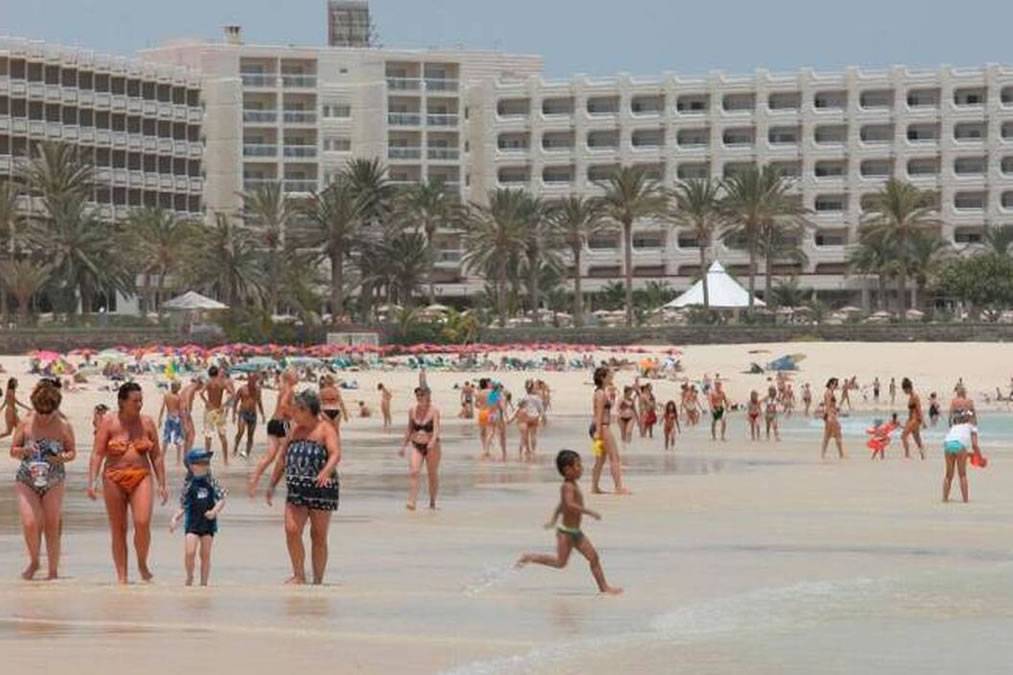30% of tourists who visit the Canary Islands do so all-inclusive
- 12-08-2023
- Business
- Canarian Weekly
30.2% (929,680) of the tourists who visited the islands during the second quarter of 2023, did so ‘all-inclusive’ which makes it the second most popular type of board after bed and breakfast or accommodation only, with 1,125,057 people, which, compared to the first three months of the year, is an increase of 3.9%.
This is the latest data from the Canary Institute of Statistics (ISTAC), published yesterday (Friday) as part of the Survey on Tourist Expenditure in the Canary Islands, which shows how both national and international visitors spend their time and money when on holiday.
The data shows that 41.9% of visitors from the Netherlands choose to book all-inclusive, compared to just 14.9% of those from mainland Spain who prefer self-catering.
By islands, the study shows that 48% of the tourists who opted for this type of tourist package did so in Fuerteventura, followed by Gran Canaria with 36.6%; Lanzarote with 29.9%; Tenerife with 24.2%; and La Palma with 18.3%.
Regarding the reasons for travel, 90.7% of visitors came for holidays, leisure, and entertainment, while 2.5% travelled for business and professional reasons, and 6.8% for other reasons either visiting family or friends, education, or health.
Regarding the type of accommodation booked, tourists opted mostly for hotels (62.5%9, 16% stayed in aparthotels, 6.5% stayed in hostels or rented rooms, 7% in accommodations owned by family or friends, and 8% in private accommodation booked on platforms such as Airbnb, etc.
The average stay of tourists was 8.97 days, and Belgians stayed the longest for 11.89 days. This was followed by visitors from Nordic Countries, with 11.5 days, and those from mainland Spain were the lowest at 5.96 days.
More than two-thirds of visitors (67.8%) have been to the Canary Islands before, and the average score for general satisfaction with their trip was 8.90.
Other articles that may interest you...
Trending
Most Read Articles
Featured Videos
TributoFest: Michael Buble promo 14.02.2026
- 30-01-2026
TEAs 2025 Highlights
- 17-11-2025































































